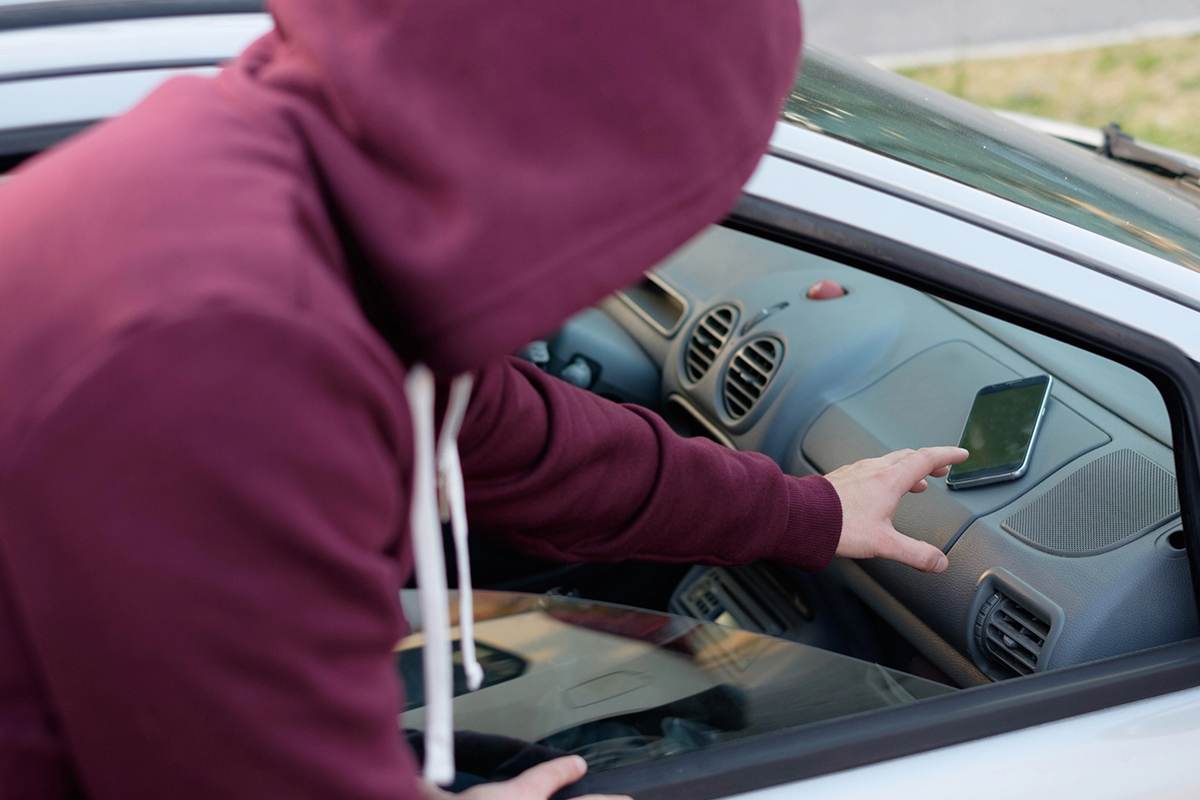If you are facing possession of stolen property charges, you need a criminal defence lawyer in Calgary to look at your case as soon as possible.
According to the Criminal Code of Canada, a person commits this offence when they have stolen property in their possession and they know that the property was obtained by crime.
This offence can be treated in two ways. It can be prosecuted as an indictable offence or as a summary conviction offence. This makes it what’s called a “hybrid” offence, where the Crown prosecutor decides how to proceed based on the circumstances.
If prosecuted as an indictable offence and the value of the property exceeds $5,000, the maximum punishment is 10 years in prison. If the value is less than $5,000 and it’s still treated as an indictable offence, the maximum sentence is 2 years in prison.
When prosecuted as a summary conviction offence, the punishment can include a fine of up to $2,000, up to six months in jail, or both.
Even if you did not steal the item yourself, having it in your possession while knowing it was stolen is still against the law. The court will look at the circumstances to determine if you knew or should have known the property was stolen. For related matters concerning theft, you might also consider reading about our Theft Lawyers in Calgary.
Strategic Criminal Defence is a top Google-rated criminal defence firm in Calgary, with over 500 5-star reviews. Our firm, and our experienced legal team, have defended clients in over 10,000 criminal cases. Leveraging our extensive network of lawyers and decades of experience, we craft defence strategies to help those accused of possession of stolen property beat the charge.
The lawyers at Strategic Criminal Defence are both highly experienced and dedicated to defending your rights and future in the face of these charges. Contact a lawyer today by calling (403) 719-6410.
Key Takeaways
- Possession of stolen property is when you have items that you know were stolen, even if you didn’t steal them yourself.
- This is a “hybrid” offence in Canada’s Criminal Code, meaning it can be treated as either serious (indictable) or less serious (summary).
- For property worth over $5,000, you could face up to 10 years in prison if convicted.
- For property worth less than $5,000, you could face up to 2 years in prison or a $2,000 fine.
- Common bail conditions include staying away from the alleged victim, not possessing stolen property, and reporting to police.
- These charges can be beaten. The Crown must prove you knew the property was stolen, if they can’t prove this knowledge, you may be found not guilty.
- A strong defence strategy developed with our team can help fight these charges successfully.
How Our Lawyers Help With a Possession of Stolen Property Charge
If you’re being investigated but haven’t been charged yet, our lawyers can give you important legal advice before you talk to the police.
- We can look for and collect evidence to disprove the Crown’s case, like receipts that show you bought things legally or witness statements that say you didn’t know the property was stolen.
- If we need to, we can hire professionals to provide expert testimony about the stolen property.
- Our lawyers will help you understand how the court system works, fill out important forms, and, if necessary, represent you well in court.
We always make sure that your rights are protected.
Examples of Possession of Stolen Property Offences
- A man buys a laptop from someone in a parking lot for $200, even though the same laptops cost $1,200 in stores. He should have thought the laptop was stolen because it was so cheap. Later, the police find him with the laptop that someone said was stolen from a business nearby. He is being charged with having stolen property because he should have known that the laptop was probably stolen.
- A woman asks her friend to keep some electronics in her garage for a few days. The friend says that these things “fell off a truck.” She agrees, even though she thinks they were stolen. Later, while they are looking into the case, police find the stolen electronics in her garage.
- Someone who doesn’t have the right documents sells a car to a student for cash. The police stop the car and find out that it is stolen. The student is being charged because he didn’t check to see if the car was legal to sell.
Consequences of a Possession of Stolen Property Offence
If you are caught with stolen goods, you could face serious consequences that could change your life.
- Being in the possession of stolen goods is a “hybrid” offence. The Crown prosecutor can decide to treat it as a less serious summary conviction offence or a more serious indictable offence, depending on your circumstances.
- For stolen property valued over $5,000, if prosecuted as an indictable offence, there is no minimum jail sentence required by law.
- However, the maximum sentence can be up to 10 years in prison. This is reserved for the most serious cases, particularly those involving organized crime or large amounts of stolen goods.
- For property valued under $5,000, the consequences are still serious but less severe. If prosecuted as an indictable offence, you could face up to 2 years in prison. If prosecuted as a summary conviction offence, you could face up to 6 months in jail, a fine of up to $5,000, or both.
A conviction can also give you a permanent criminal record, which could make it harder for you to get some licences, travel, or find work. A lot of employers check criminal records as part of their background checks. For more insight on sentencing, you can view our article on Criminal Sentencing Calgary.
Possession of Stolen Property Offence Defences
If you are accused of being in the possession of stolen property, you might be able to use a number of legal defences.
Here are some defences that could apply:
- Not Knowing: To convict you of having stolen property, the Crown must show that you knew it was stolen. This defence might work if you had a good reason to believe that the item was legally obtained, such as getting a receipt or buying it from a seller who seemed trustworthy.
- You can’t be found guilty unless you had the stolen property or could control it. If more than one person could get to the place where the stolen goods were found, this defence could apply.
Possession of Stolen Property Charge Investigation
The police first check the serial numbers against reports of theft or call the owners to make sure the property is really stolen.
- Next, they try to prove that the suspect knew (or should have known) that they were stolen.
- When police catch someone with stolen goods, they usually want to know how they got them, how much they paid for them, and if they have any proof of purchase, like receipts.
- The police can search your home, car, or electronic devices if they have a valid warrant.
- They can look for more stolen goods or proof that you own the property.
- They often look for emails, texts, or online accounts that show they were aware of the crime.
- Investigators might also talk to people who saw you with the things or look at video from security cameras where the things were found.
Bail Conditions for Possession of Stolen Property Charges
You may be able to stay out of jail until your court date but the court will give you connections to follow.
- The most common condition is that you have to go to all of your court dates. If you don’t go to court, you could get new charges and lose your bail.
- You will probably have to talk to a bail supervisor. This could happen once a week, once every other week, or once a month, depending on your situation. The supervisor checks to see how well you are following all of your bail conditions.
- You might be told to stay away from online marketplaces, thrift stores, and pawn shops where stolen goods are often sold. The court might also tell you not to talk to any of the people who are said to be victims or co-defendants.
- If the stolen goods are worth more, the rules might be stricter. You might have a curfew that tells you when you need to be home, which is usually at night. You may have to wear a device that keeps track of where you go electronically at times.
- If the stolen things were linked to that business, you might not be able to go there or other businesses like it.
If you break any of the rules of your bail, you might get new charges and have to go back to jail right away. For more details on what to expect if you face incarceration, check out our discussion on Jail Sentence in Calgary.
For more information, visit our page on The Bail Hearing Process in Calgary.








